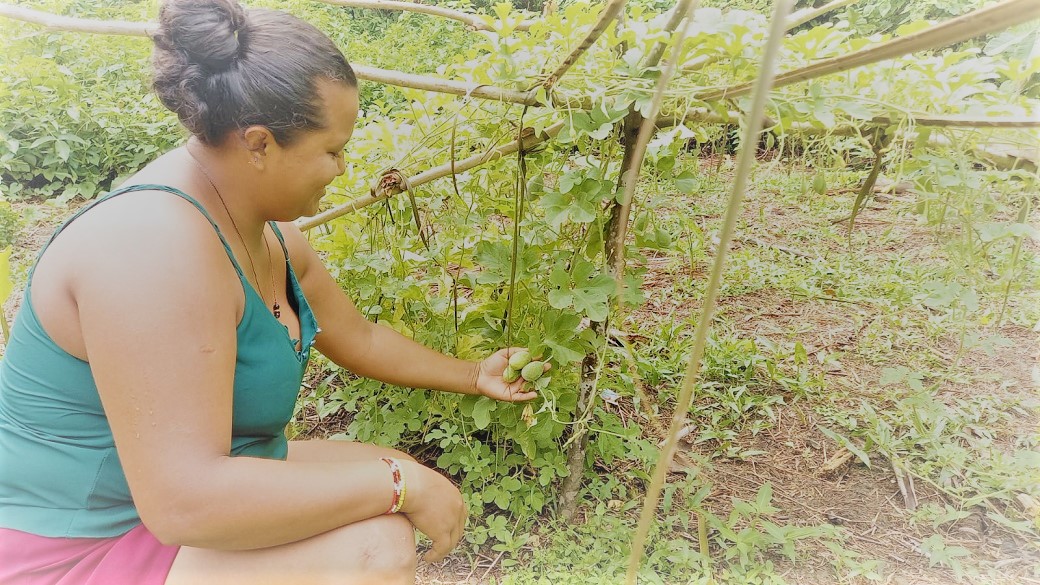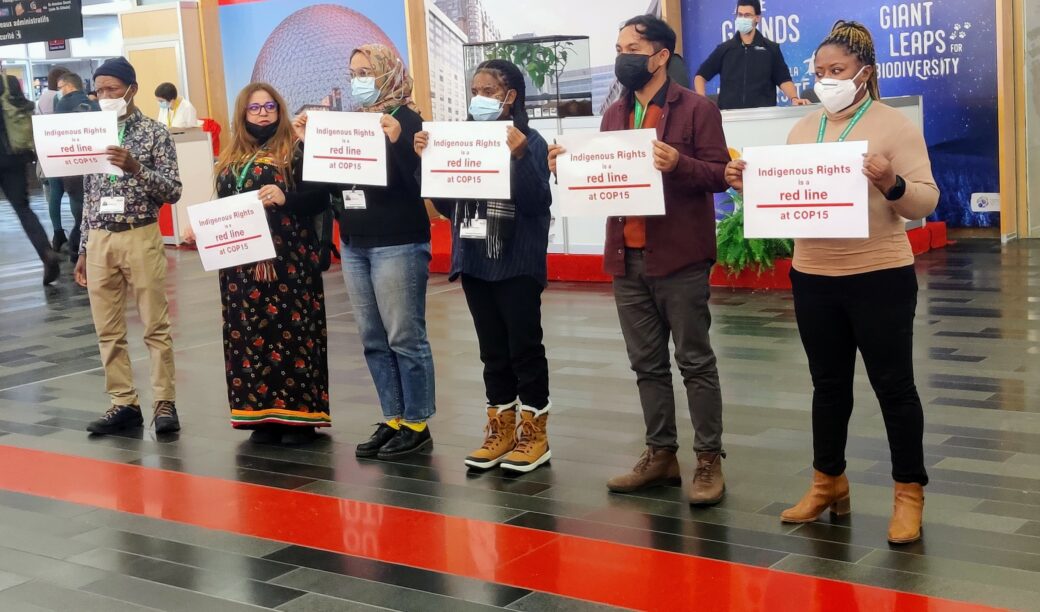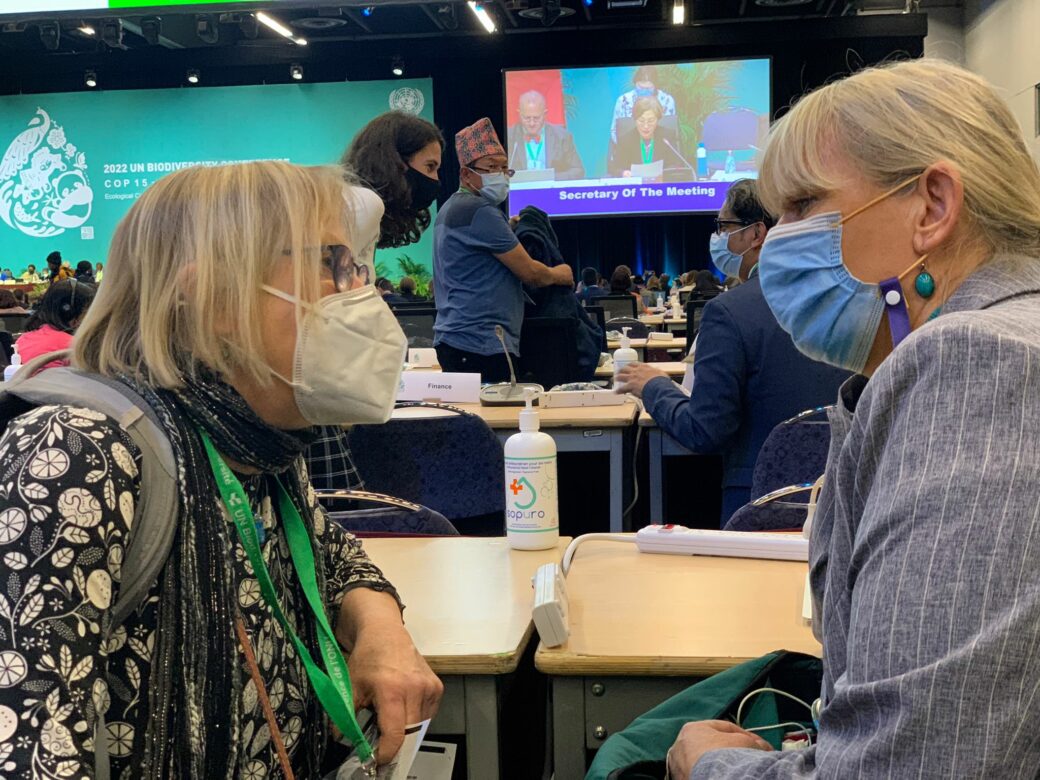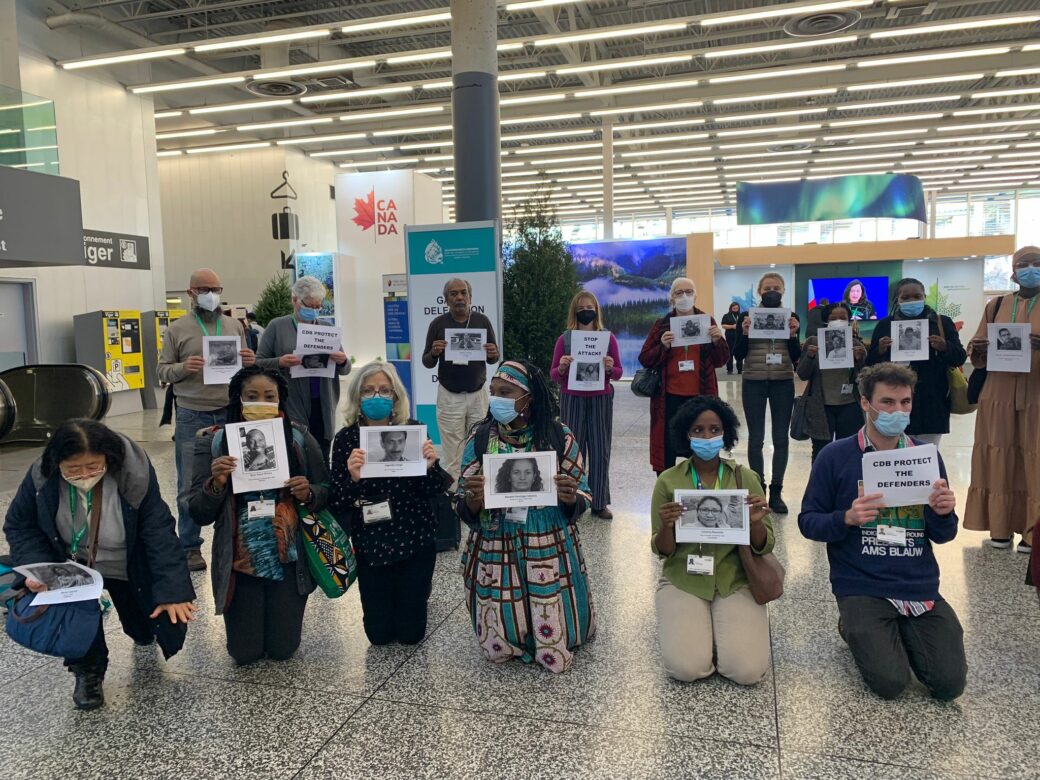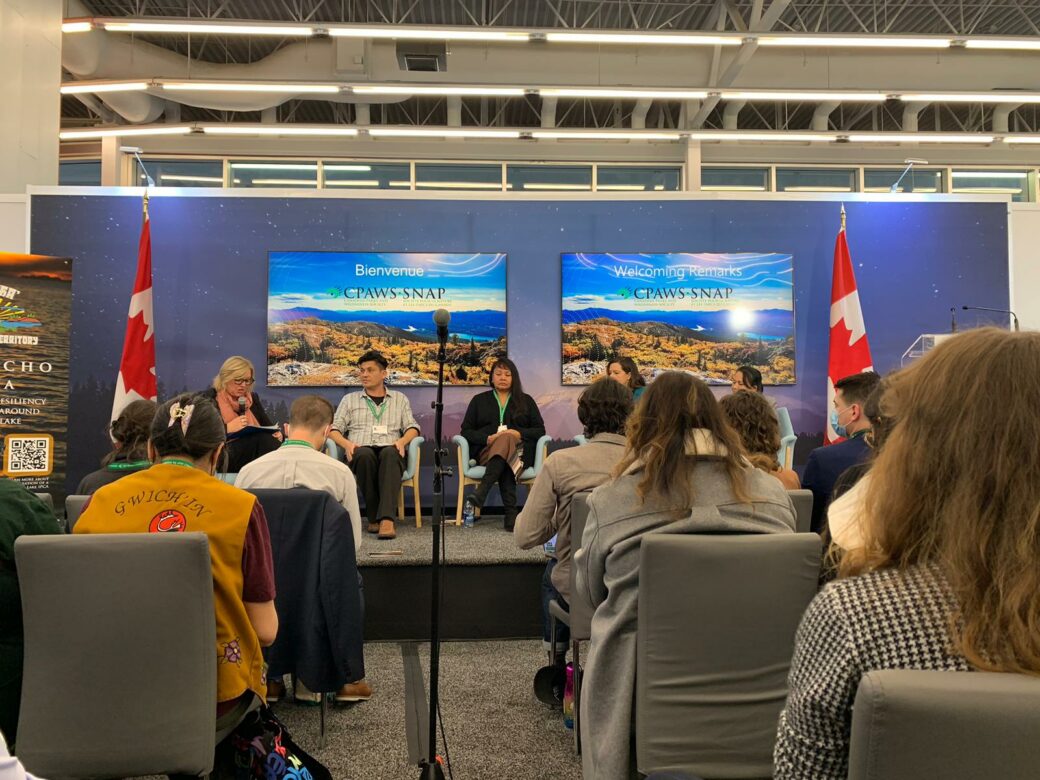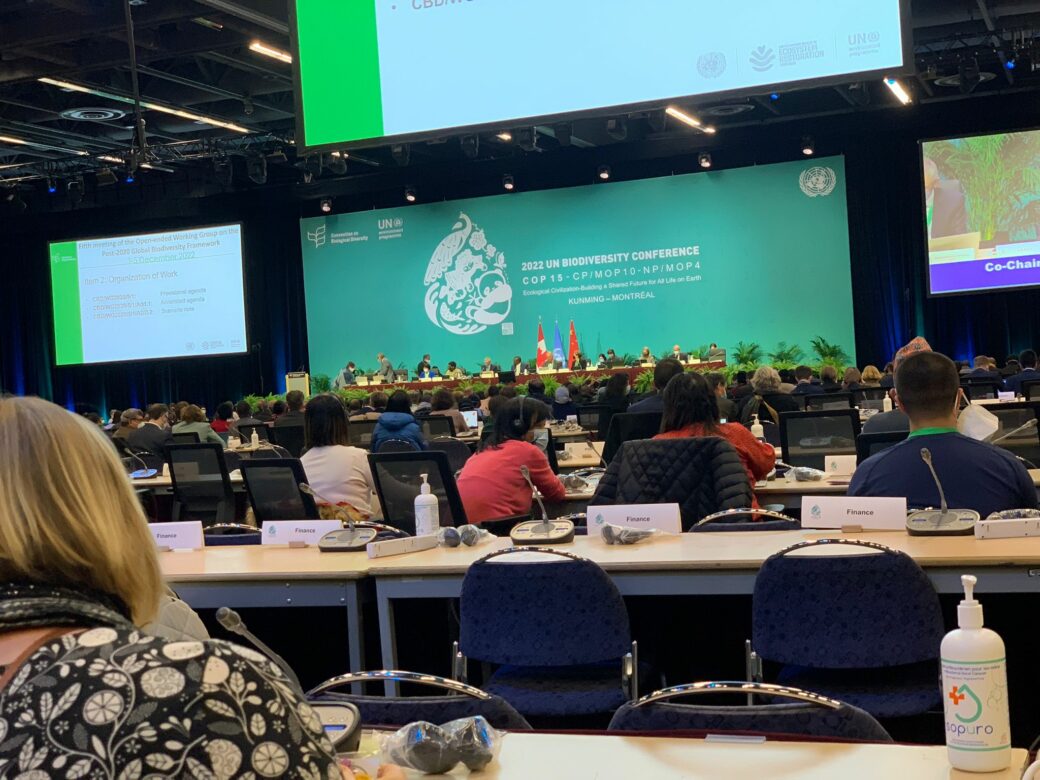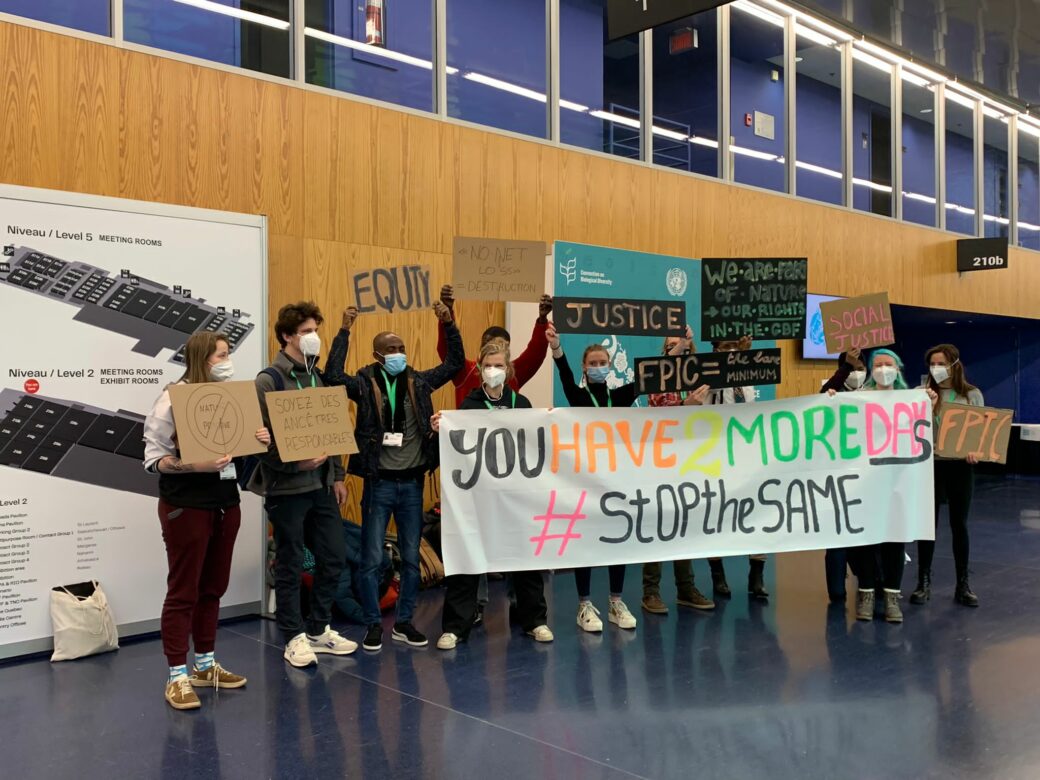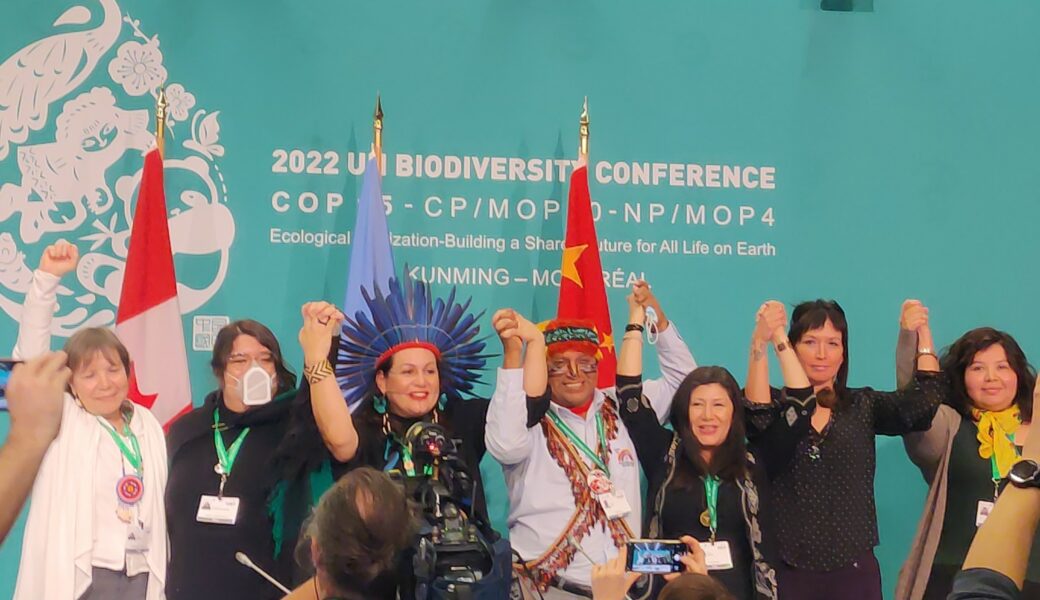Perspectivas sobre el nuevo Marco Mundial sobre la Diversidad Biológica desde la Coalición Mundial por los Bosques
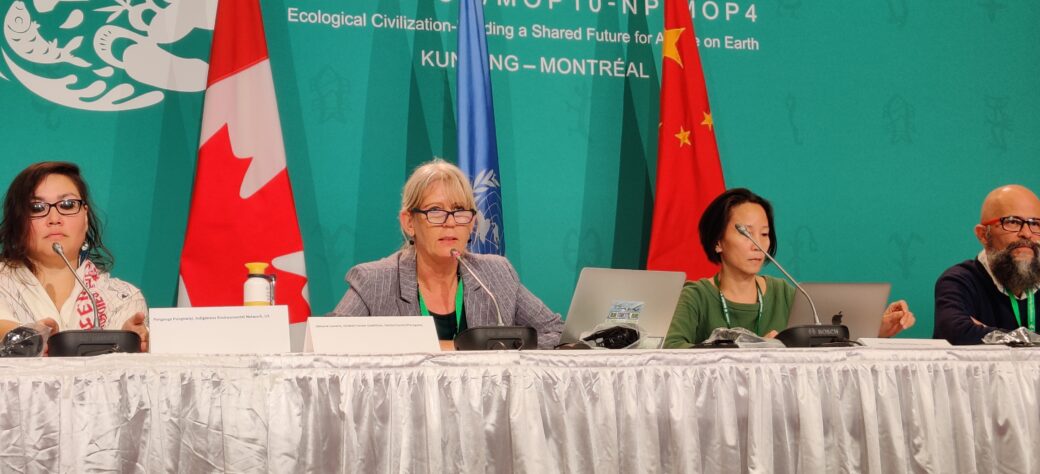
La directora ejecutiva de la Coalición Mundial por los Bosques, Simone Lovera, fue entrevistada por Inter-Press Service sobre el nuevo Marco Mundial sobre la Diversidad Biológica.
Hablando con el periodista Emilio Godoy, Lovera aplaudió parte de lo incluido en el acuerdo de última hora:
Contiene reconocimiento de derechos de pueblos indígenas y comunidades locales, de mujeres. Hay una recomendación de retirar subsidios e inversiones públicas y privadas en actividades destructivas, como la ganadería de gran escala y monocultivos de aceite de palma.
Sin embargo, criticó las condiciones para su aplicación, diciendo:
Hay poco financiamiento público. Tiene que haber más fondos públicos. Es triste que digan que el sector privado financie la biodiversidad. En los territorios indígenas se necesita dinero. Pueden hacer mucho más con menos dinero que los gobiernos. El apoyo directo puede ser más efectivo y van a cumplir los compromisos.
Lovera criticó la iniciativa de conservación «30 por 30» y su dependencia de las compensaciones:
Es un esquema que permite destruir 70 % del planeta y aun así conservar el otro 30 %. Es una locura. Para los pueblos indígenas y las comunidades locales, es muy negativo, porque pierden su propia biodiversidad y la compensación no les sirve, porque ocurre en otro lado.
Lea más información de IPS aquí o consulte el comunicado de prensa de GFC sobre los resultados de la COP15.
… continuar en ingles:
See more coverage of GFC’s perspectives on COP15.
From Mongabay:
with the significant presence of the private sector at the conference, business interests did largely influence negotiations and actively lobbied governments, say a group of delegates from the Friends of the Earth International, Rainforest Action Network, Global Forest Coalition, the corporate watchdog ETC Group, scientists from the Federation of German Scientists, along with some Indigenous, local and civil society activists.
From Bloomberg:
The Global Biodiversity Framework agreed in Montreal will guide policy and funding over the next decade, with “an important breakthrough” including the adoption of a target that calls on governments, industries and the finance sector to align their financial flows with the new framework, said Simone Lovera, policy director of the Global Forest Coalition. That means they’ll need to “divest from harmful activities.»
From Earth.org:
Speaking about Indigenous and local communities rights, Policy Director of the Global Forest Coalition (GFC) Simone Lovera, said: “We don’t need to protect the planet from people, but rather ensure people’s rights to protect the planet. We need a new biodiversity framework that truly incorporates and upholds human rights, including Indigenous, women’s, and land rights.”
From The Breach:
New sources of financing for conservation sounds positive on the surface, said Simone Lovera, executive director of Global Forest Coalition, one of the NGOs participating in the convention. But the emphasis on “leveraging private finance” set out in the framework transfers responsibility from governments to the private sector. “It will make biodiversity institutions dependent on private sector interests. It’s a perverse conflict of interest.”
From Reuters:
“If there is no finance, the developing countries are clearly saying that they don’t have the capacity to do what they are supposed to do,” said Souparna Lahiri, a climate policy advisor at green umbrella group the Global Forest Coalition.
Photos by Allie Constantine, GFC.

